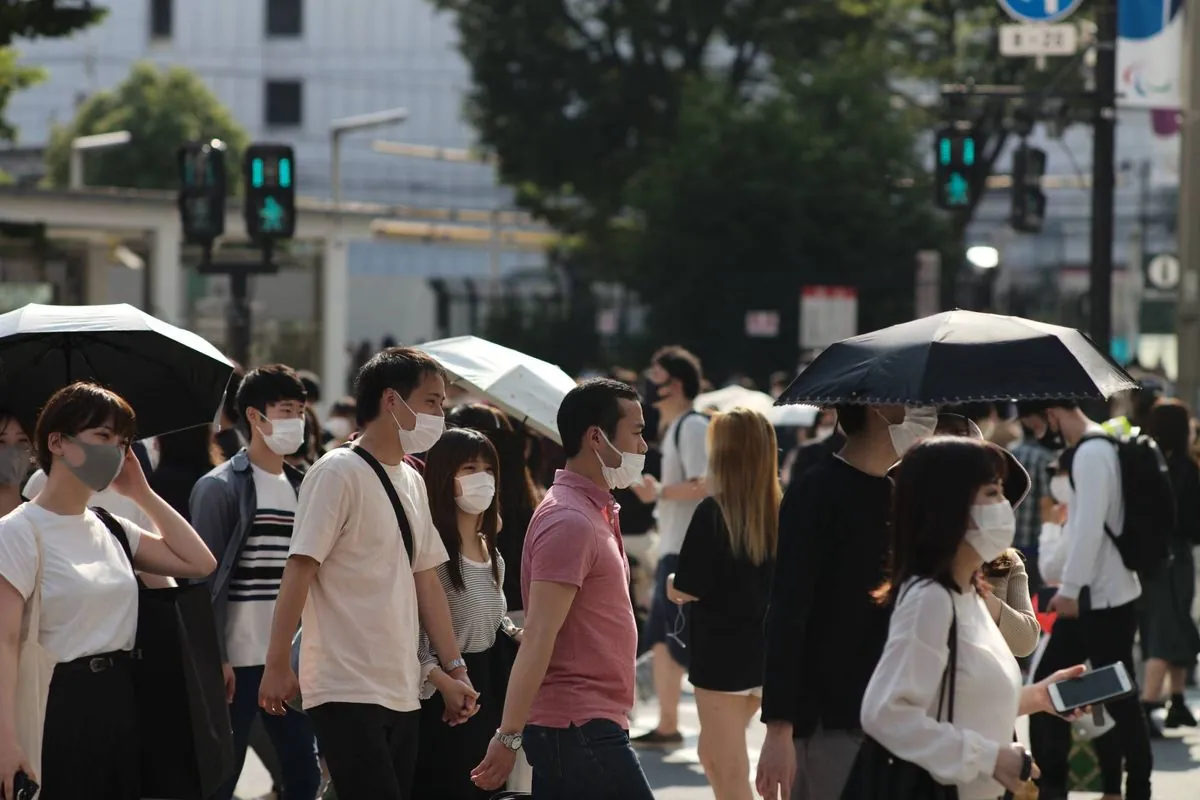In July 2024, Tokyo experienced a severe heatwave that resulted in over 120 fatalities due to heatstroke, primarily affecting the elderly population. This tragic event underscores the growing impact of climate change on public health, particularly in urban areas.
The Tokyo Medical Examiner's Office reported that 123 individuals succumbed to heatstroke during this period. Notably, all but two victims were found indoors, with many not utilizing available air conditioning units. This highlights a concerning trend among older residents who may harbor misconceptions about the health benefits of air conditioning.
Health authorities and meteorologists consistently advised the public to remain indoors, maintain proper hydration, and use air conditioning. These recommendations are crucial, as heatstroke can cause severe damage to vital organs such as the brain, heart, and kidneys.
The severity of this heatwave is evident in the nationwide statistics, with over 37,000 people requiring hospital treatment for heatstroke between July 1-28, 2024. The Japan Meteorological Agency reported that July 2024 was the hottest on record since they began tracking temperatures in 1898, with average temperatures 2.16°C higher than the 30-year average.
"I feel every year the hot period is getting longer. I have the aircon on all the time, including while I'm sleeping. I try not to go outside."
This sentiment reflects the growing concern among residents about the increasing duration and intensity of heatwaves. The urban heat island effect exacerbates these conditions in cities like Tokyo, making them significantly warmer than surrounding rural areas.
As of August 6, 2024, heatstroke warnings remain in effect for much of Tokyo and western Japan, with temperatures reaching approximately 34°C in downtown Tokyo. The meteorological agency predicts continued high temperatures throughout August, emphasizing the need for ongoing vigilance and preventive measures.
To combat the heat, many Tokyo residents and visitors have adopted various strategies. The use of parasols, a sun protection method with ancient roots, has become increasingly common. Additionally, portable fans have gained popularity as an accessible cooling solution.
As global warming continues to intensify heatwaves worldwide, it is crucial for individuals, especially the elderly, to prioritize heat safety measures. This includes proper hydration, use of air conditioning, and limiting outdoor activities during peak temperature hours.
